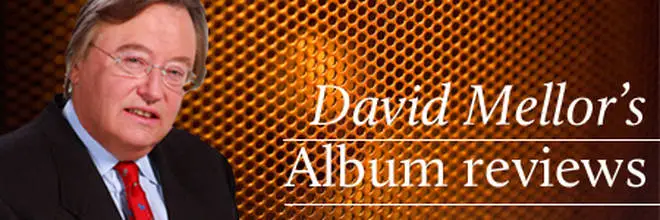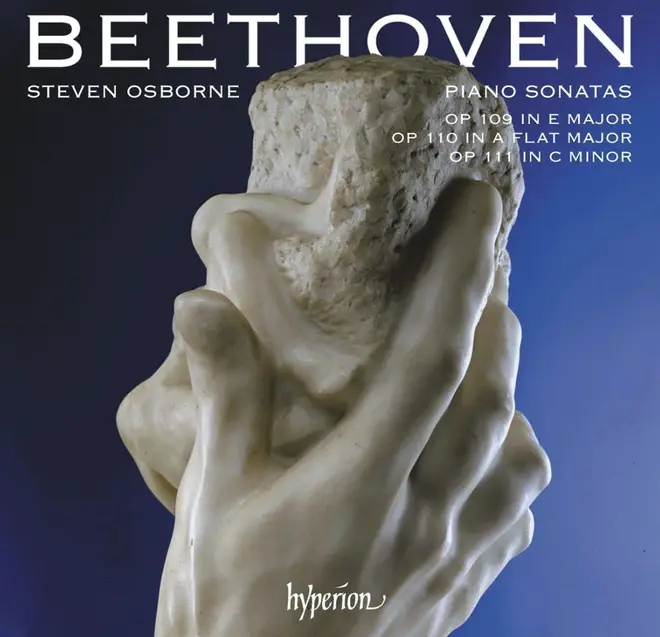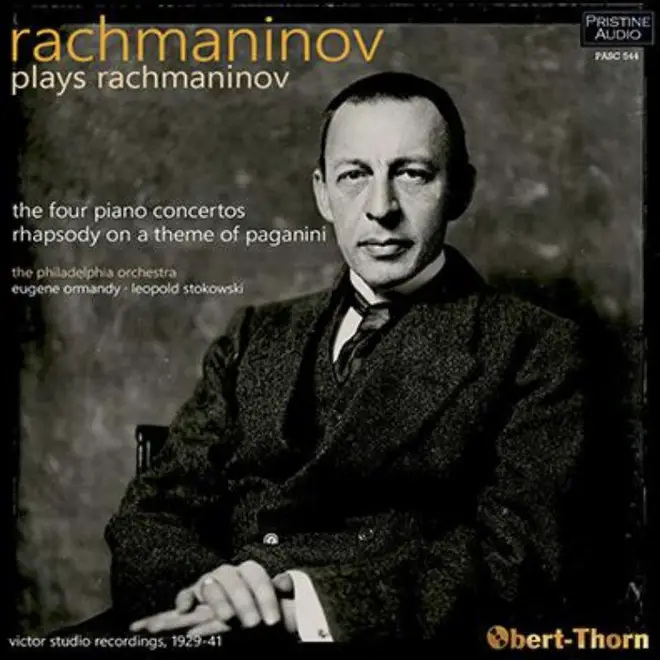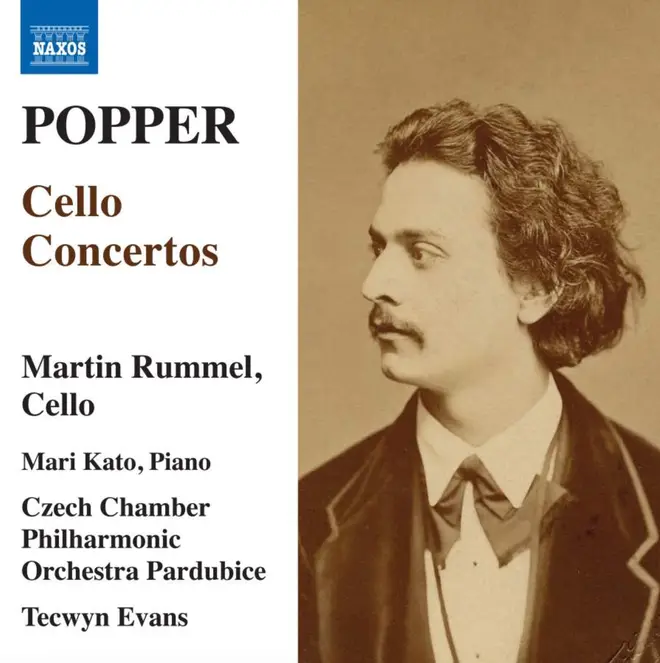David Mellor's Album Reviews: Beethoven, Rachmaninov and David Popper
26 April 2019, 10:04

Every week, Classic FM presenter and music expert David Mellor reviews the best new releases and re-issues from the world of classical music. This week, David picks out Beethoven, Rachmaninov and David Popper.

Album of the week
Last Three Sonatas, Beethoven, Steven Osborne, Hyperion
The Scottish pianist Steven Osborne has taken his time over his Beethoven cycle. His ‘Moonlight’ Sonata, which I much enjoyed at the time, was recorded as long ago as 2008.
These full-blooded, highly charged recordings of the last three sonatas were set down in Perth in February 2018.
One assumes that Osborne has spent a good deal of time reflecting on these sonatas, as each part of the cycle is set down.
Certainly that seems to be the case here, because while it’s naive to talk about a “best choice” for such well contested repertoire as this, these readings can confidently be placed amongst the finest to appear in recent times.
Osborne does not hesitate to employ extremes of tempi and dynamics. The Allegro Molto movement of the Sonata in A flat major, Op. 110 for instance, is ferocious in the extreme, but none the worse for that, for this is Beethoven beating his head against the cage of the deafness that imprisons him.
Equally though, when repose is needed, as in the finale of the Sonata Op. 109, Osborne is more than equal to the challenge.
Everyone should know these sonatas, and Osborne’s album deserves to do well, either on CD, or download.

Best historic album
The Piano Concertos, Rachmaninov, Pristine Audio
With the Hall of Fame vote confirming yet again how popular Rachmaninov’s concertos are, even if No. 2 is not quite as popular as it was, it is timely perhaps to remind you that Rachmaninov himself made excellent recordings of all four concertos, plus the ‘Paganini Rhapsody’, in sound that has been much improved for these Pristine reissues by the remarkable sound engineer Mark Obert-Thorn.
When Rachmaninov left Russia after the Revolution, he retrained himself as a concert pianist, with such success, he has claims to be the leading international recitalist of the inter-war period. It therefore goes without saying that all these recordings display fabulous pianism.
The accompaniments too are in good hands with the Philadelphia Orchestra, again arguably the finest band between the wars, conducted either by Leopold Stokowski, or his successor Eugene Ormandy. By the time the second was recorded in 1929, Stokowski and Rachmaninov had worked together for almost two decades.
The ‘Paganini Rhapsody’ recording, from 1934, was set down almost immediately after the premiere by the same artists, so it's a document of real historical significance.
The remaining three were recorded with Ormandy in 1939/40, before the onset of Rachmaninov’s final illness.
Not to be missed by anyone who loves great piano playing.

Best bargain
Cello Concertos, David Popper, Naxos
The Czech Chamber Philharmonic celebrates their 50th anniversary with this charming 79-minute tribute to one of the great cellists of the second half of the 19th century, David Popper (1843-1913).
Popper was a renowned virtuoso cellist in central Europe, touring widely, and ending his career as a professor at the Budapest Conservatoire. Sadly he is best remembered for a little encore piece, the ‘Dance of the Elves’, so this album, featuring four of his cello concertos, redresses the balance somewhat.
The cellist here, Martin Rummel, has made more than 50 albums as a soloist, and is extremely capable, coping readily with all Popper’s technical demands.
The conductor Tecwyn Evans is equally accomplished, so what you get is a lot of bubbly music, which, while not memorable, is thoroughly entertaining while it lasts.
Interestingly, and I can’t quite figure out why, the fourth cello concerto is recorded in a version for cello and piano, with the pianist Mari Kato.
It works pretty well in this format, as does the whole album, which the adventurous will consider, I hope, to be cheap at the price.



































